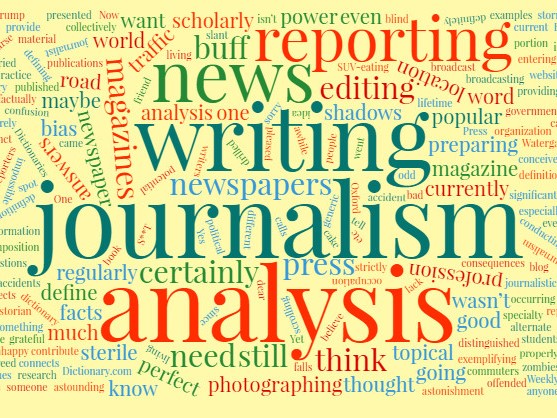Description
This course explores the ethical frameworks and responsibilities of media professionals in an age of rapid technological change and global communication. It begins with an overview of moral philosophy and how it applies to media decision-making, then moves into real-world ethical dilemmas journalists and content creators face—such as sensationalism, misinformation, privacy violations, conflicts of interest, and media bias. Learners analyze ethical codes from professional organizations like the Society of Professional Journalists, and engage in case studies involving political coverage, disaster reporting, celebrity news, and more. The course examines how media can serve the public interest while balancing commercial pressures and political influences. Students are encouraged to reflect critically on their roles as creators and consumers of media and to apply ethical reasoning in complex situations. The broader concept of social responsibility is addressed, focusing on how media can empower communities, hold power accountable, and foster inclusion. By the end of the course, participants will be better prepared to make ethical decisions and contribute to a more just and informed society.






Reviews
There are no reviews yet.